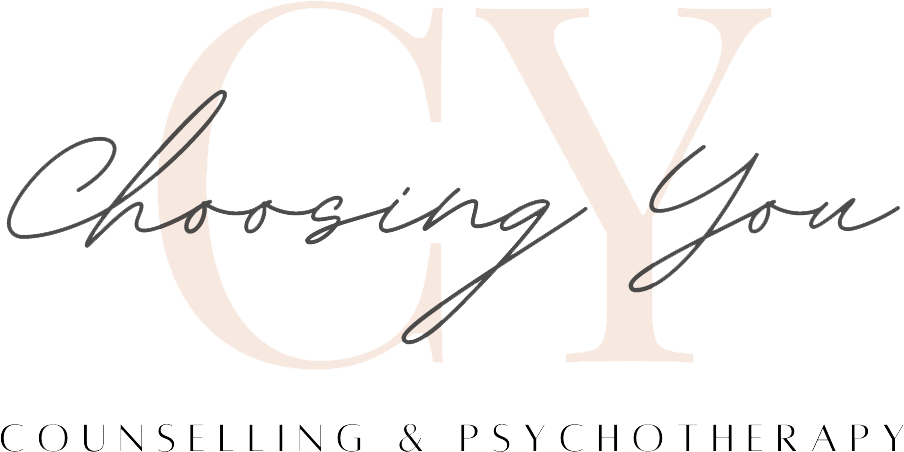Have you been chasing perfection?
Perhaps your inbox is overflowing with emails awaiting your reply. Your phone is so burdened with texts that have gone unanswered for so long they seem to be covered in dust. And yet you find yourself rewriting the same email over and over again, stuck on getting it ‘just right’. Or maybe you’ve been working on a presentation, something you had hoped would take you an hour. It’s now dark, you’ve missed a meal, BUT your PowerPoint presentation looks good! Well, except that you just changed a slide to make it that much better, but now the fonts don’t match the other slides, and before you know it all sense of time has left and you’ve essentially redone your entire presentation on a detail that was fine before and no one would have noticed.
If you were to walk into most workplaces or peruse social media, it would not take you very long to see a poster, post, or message about how important it is to ‘do our best’. How we must bring 110% to everything we do, never back down, and show our best in everything we do.
This mindset is a trap.
Not only is it harmful, often misleading, and incredibly damaging, but it is also… just wrong. Factually incorrect. There are hundreds, if not thousands of daily tasks that do not require, need, or should receive our very best. We don’t need to give 100% of our ability when we pour milk into our cereal. We don’t need to accept ‘nothing but the best’ when pulling on a T-shirt, watching TV, and yes, replying to work emails.

Being satisfied with good enough is hard, because it’s often more than just wanting to do well. There is a level of protectionism, and safety that we seek by presenting our best selves. A huge barrier to not accepting good enough is fear. Fear of judgment, failure, or rejection.
And the part of your brain where protectionism lurks is often trying to protect you. The world we live in has incredibly high standards, and we can often internalise that being perfect equals being worthy, accepted, and loved. Allowing others to see imperfect parts of ourselves is vulnerable and can open ourselves up to pain.
How can we get better at not falling into the traps of over polishing? How can we learn to accept the good enough? If we always give our best, it’s no longer best. It’s our normal.
Here are some things you can do:
- Set a timer. If you struggle with tasks taking too long because you continue to see elements to improve, consider setting a time limit. Do your best to respect this limit.
- Practice! You need to send out things that are good enough. It is unlikely people have the standard you do. You may be surprised how well it is accepted. This is a great way to prove to yourself that it’s OK to just meet the standard.
- Stop feature creep. Feature creep is when the scope of a project gets bigger and bigger. Lock things down early to keep the project reasonable.
- Ask yourself if the reward is equal to the effort. What do you want out of this task?

In many ways, being comfortable with good enough is about being comfortable with yourself. By saying you’re good enough you are saying you are worthy. By practicing this, you can save your best footage for when it is needed. Like writing an e-mail to the king.

